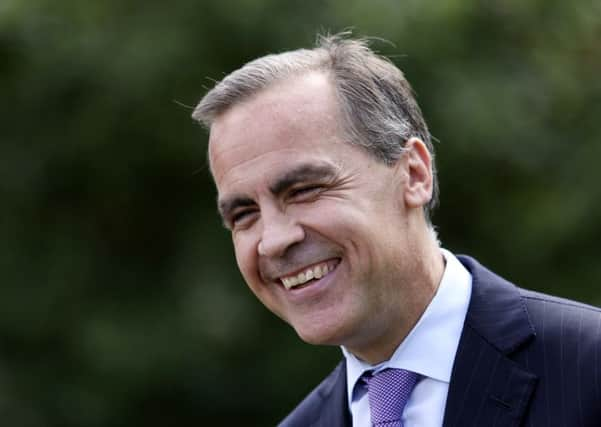Kenny MacAskill: Why SNP shouldn’t get in fankle over Scottish currency


Moreover, I recall an article in a noted financial newspaper arguing that, sooner rather than later, there would only be four currencies in the world: the dollar, the euro, the yen and the renminbi. Given globalisation, that seems credible. However I appreciate that there are economic implications from what currency you choose.
It was an issue in the last independence referendum but it’s not as insurmountable as some would think, which is why it’s surprising that the SNP have got themselves into a fankle and the hysteria of their opponents is frankly absurd. Most folk are like me and neither know nor care what it’s called, just wanting our salary or pension and to be able to buy what we want when we need it.
Advertisement
Hide AdAdvertisement
Hide AdThe mistake by the Yes campaign last time was in having all its political currency invested in a shared sterling and not believing the British would tell lies. It’s quite clear that there can be currency sharing and the Governor of the Bank of England has made that clear. But, with the protestations by Osborne that there would be no formal arrangement and no fall-back plan, Yes was caught off guard. Why the SNP haven’t made more of Carney’s revelations beats me, it showed it was possible and the No campaign was duplicitous.
There are options including continuing to use sterling, joining the euro or having your own currency. All have arguments for and against but all are practical. It is highly complicated as there’s a trade-off in a loss of control if you haven’t your own or share. Likewise, the rate at which you join and its valuation are equally critical factors. Sterling has been shared as Australia and Ireland can vouch for. The euro seems safe to many, given the crash of sterling, and many small nations have their own currency.
Ultimately, it’s a political not an economic decision, needing calm reflection. You takes your pick and chooses your currency.
